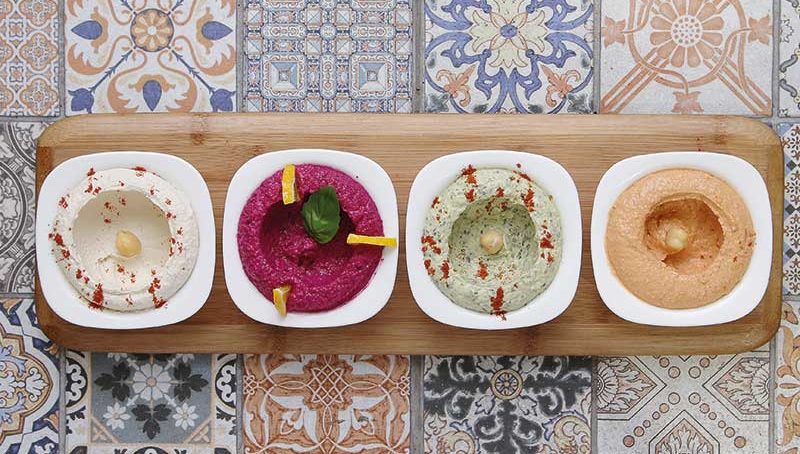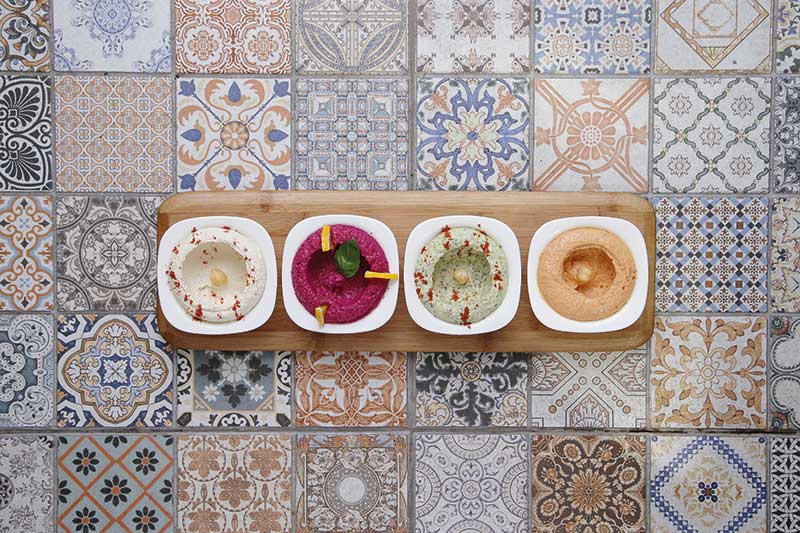The Middle East’s F&B industry has currently entered a paradoxical state; while there is clear evidence of incredible year on year growth, which is undoubtedly a reason to celebrate, these results come tempered by a variety of challenges that have easily made the sector one of the region’s most cutthroat fields in which to operate. Abdul Kader Saadi, managing director and owner of Glee Hospitality Solutions shares his thoughts
Today, F&B operators inch forward with a mixture of caution and optimism toward a future that promises great rewards for those that can grasp the opportunities, while also weathering myriad difficulties.
Focusing on the UAE
According to the regional research company, The MENA Research Partners, the GCC’s F&B sector is expected to grow 7.1 percent annually to reach USD 196 billion by 2021, up from USD 130 billion today. In terms of percentage, Saudi Arabia alone accounts for over half of the market share, followed by the UAE, with 31 percent. If we are to analyze the regional F&B industry from a strategic standpoint, then we should first focus on Dubai, which is perceived as the metaphorical window, both in terms of favored market entry and the ideal entry point to secure one’s foothold in the sector. In layman’s terms, many F&B investors want to successfully establish themselves in the UAE first, before making a move into new territory. However, although the country is seen as a prestigious, regional gateway, this same mass demand has caused the UAE market to reach maturity in terms of the global and local players it hosts. The market is currently extremely competitive and arguably close to being highly saturated. In light of the current operating climate, it is essential that up and coming F&B concepts offer a unique angle and an exceptional experience across all areas of food, service and social media, alongside others, in order to ensure a competitive edge that will be needed to survive.
In addition, the UAE has invested heavily in several vast entertainment spaces that include Ferrari World, IMG and Dubai Parks & Resorts, which, although offering promising avenues, are still far from reaching maturity in terms of the positive impact they could have on the F&B sector.
In terms of demand, consumer habits have also evolved in the UAE over time, with the result that F&B investors are having to adapt their models to cater to a changing market. Technology is now an integral part of the customer experience, with delivery apps like Deliveroo, Carriage, UberEats and Zomato greatly increasing the delivery percentage of the overall business market for F&B operators. This, in turn, is forcing F&B investors to keep their operation models continuously updated and stay vigilant when it comes to market trends, in order to remain in the top tier of successful operating restaurants.
In terms of challenges, the UAE’s market conditions are currently extremely difficult, and have been so for between 18 months and two years, due to a variety of factors, which range from a problem of oversupply to shifts in consumer habits. In addition, although delivery apps are benefiting customers, the added costs to F&B operators, which can sometimes be as high as 30 percent, have created a negative ripple effect across the business.
To summarize, the major factors set to drive growth in the UAE’s F&B industry are surging demand for fast food, especially among the younger generation, the popularity of online ordering platforms and an expanding tourist base that will create demand for more outlets with a diverse cuisine.
The Saudi shift
With the lion’s share of the market, Saudi Arabia is moving to open up its broader hospitality and entertainment industry, on the back of recent economic and sociopolitical changes. The knock-on effect has resulted in first-time expenditure in activities and services, such as cinemas, and increased market confidence in hosting upcoming Disney and Marvel shows and events, in a focused attempt to increase domestic spending. It should be noted that entertainment development holds a prominent place in the Kingdom of Saudi Arabia’s Vision 2030, which is targeting increasing domestic household spending on cultural and entertainment activities from 2.9 percent to 6 percent, and recapturing part of the USD 30 billion spent outside the Kingdom on tourism and entertainment by Saudi citizens.
Eating habits in Saudi Arabia have also changed, alongside these paradigm shifts, with the majority of the population under the age of 30 abandoning previously institutionalized ‘social barriers’. These include the removal of family sections previously enforced in restaurants and outlets, with the result that people are going out more, effectively changing the social/dining dynamic. This, in turn, is creating new opportunities that were previously culturally off limits in the KSA market for investors to explore and tap into.
Standards on the rise in Egypt
Egypt is another major contender in the broader MENA F&B market that merits consideration when assessing the future of the regional industry. Due to the devaluation of its currency, the country has seen a sizeable influx of investment, which has resulted in a rise in standards across its F&B sector. Several homegrown concepts have moved to up their game on the domestic scene, spurred on by the arrival of international brands and chains that have entered the local market and successfully established themselves there.
Broad view
Going forward, the Middle East’s F&B market will continue to present challenges, although with projections indicating clear profits in the future, it undoubtedly still holds a lucrative attraction for potential F&B operators keen to make their mark in the region. However, there are key issues relating to evolving consumer trends and sociopolitical and economic factors that will require attention to ensure a concept meets the essential survival criteria of remaining relevant and competitive.

















